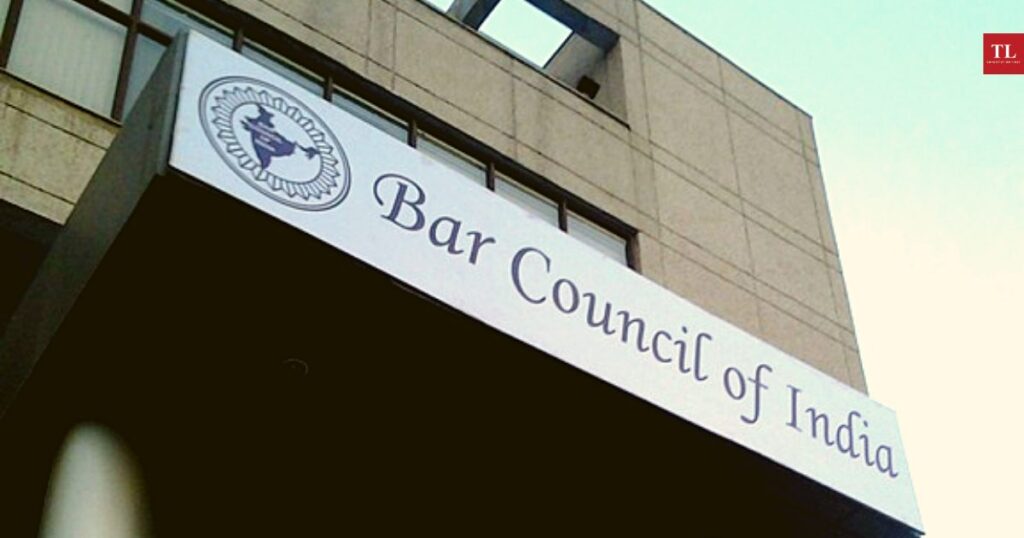About
Richa is a part of the dispute resolution and the corporate & commercial practice group at Acuity Law. She has experience in ad-hoc and institutional arbitrations, mediations, commercial litigation matters and corporate-commercial advisory work spanning across various sectors. She advises clients on matters including oppression and mismanagement disputes, shareholders’ disputes, enforcement proceedings, international and domestic arbitrations resulting from works contracts.
- Representing and advising a stakeholder for admission of claim that arose after liquidation commencement date (2024).
- Representing and advising SIAC arbitration award holder in enforcement proceedings against third-party funder in India (2023).
- Representing and advising a Japanese logistics and warehousing company in a Singapore-seated arbitration in successfully obtaining an arbitral award, followed by its enforcement in India (2023).
- Representing and advising clients in appeals before the Supreme Court and the Securities Appellate Tribunal challenging stock exchange rulings (2023).
- Representing and advising a partner of a real-estate development firm in arbitration regarding inter-se disputes between partners of the firm (2023).
- Advised a foreign financial creditor in its claim of ~USD 25 million against an Indian company undergoing insolvency resolution and liquidation process (2022).
- Represented an interim arbitral award holder in execution proceedings before the Bombay High Court (2022).
- Advised Japan-based engineering company in assessing and understanding labour law implications in India for establishing Indian off sites (2022).
- Represented minority shareholders of a private company in an oppression and mismanagement matter before the National Company Law Tribunal, Mumbai bench (2022).
- Advised a foreign company in securing shares pursuant to an order of a foreign court (2022).
- Represented an investor before securities appellate tribunal in claiming its investment from the Investor Protection Fund (2020).


















